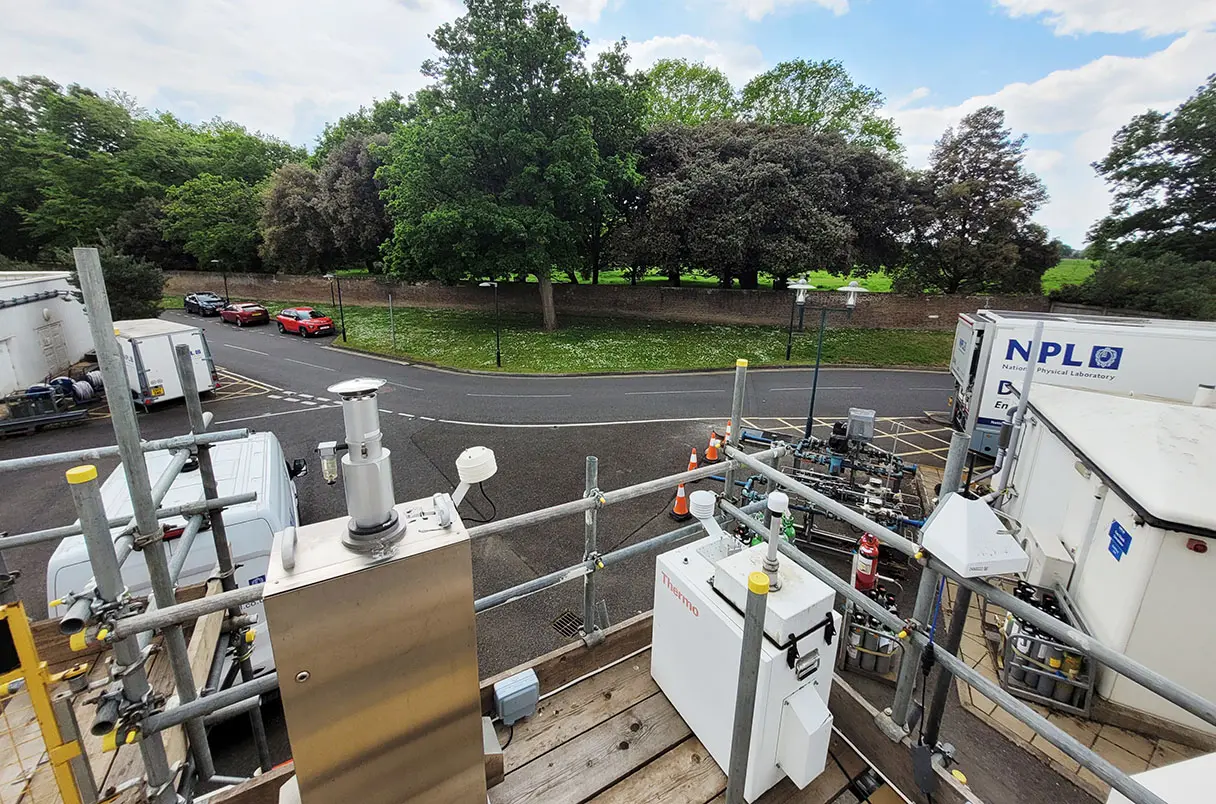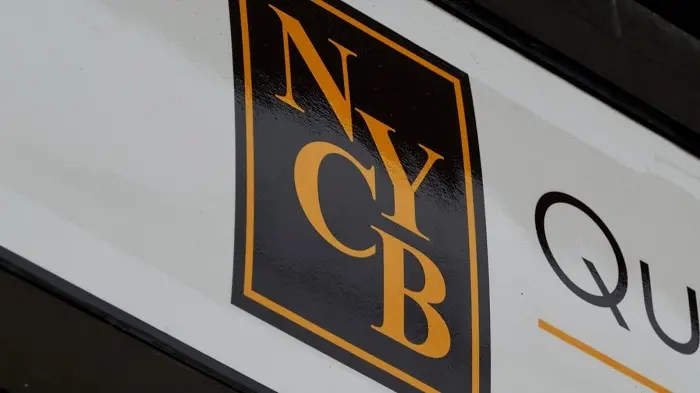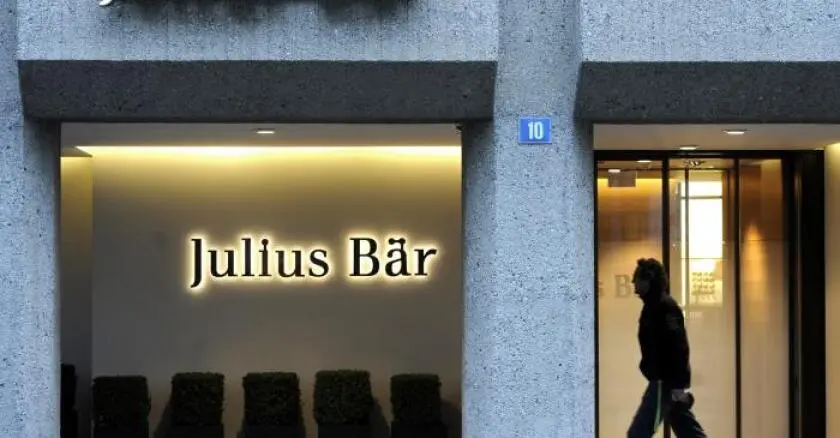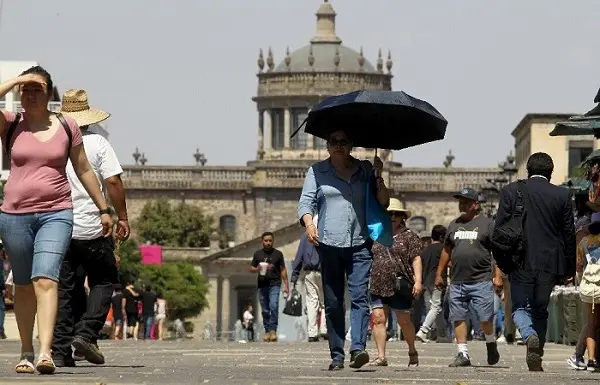
China has sufficient justification to delay implementing significant stimulus measures. The central bank has slightly lowered interest rates as a result of disappointing credit growth and exports. Aggressive easing as international interest rates climb would place too much stress on the yuan, but authorities in the second-biggest economy in the world are plainly uneasy with this year's meager 5% growth forecast. It's a difficult decision for the Chinese president to decide between his long-term goal of rebalancing the economy and short-term rewards.
As of March, the National Institution for Finance and Development reported that the Beijing central government had room to move because its leverage was just 21% of GDP. Based on the Wall Street Journal, one plan under consideration by the government is to issue around $140 billion in special treasury bonds that are not included in the annual budget to spur infrastructure spending. The last batch was released in 2020, at the peak of the pandemic, making it the only time in history that these instruments have been released. However, showing such a prominent card in the absence of a crisis would be unwise and set a bad precedent.
Even though it does issue these bonds, money may be used in another way to aid in the debt repayment of poorer regions. They are under pressure as land sales, which make up about one-third of fiscal revenue, keep declining. Rhodium Group calculates that only a fifth of local government finance vehicles, which collectively owe $9 trillion in borrowings, are able to service their short-term debt. Beijing probably wouldn't allow defaults of this kind.
Other possible levers would necessitate a leap of faith on the part of the authorities, like offering cash handouts to households, a move they fear would promote laziness, or they would necessitate reversing some of Xi's signature policies meant to limit debt at local levels or in the real estate industry, which accounts for a quarter of GDP. Reversing those policies runs the risk of speculators placing new bets on real estate and municipal officials constructing more subways and roads with miserable returns. Furthermore, it is more difficult to defend previous stimulus plans this time around due to China's housing surplus and population reduction.
However, not doing enough could also be expensive. Chinese confidence in the economy has weakened as a result of Xi's repeated crackdowns and Covid-19. In May, price rise for newly constructed homes, which are already subject to strict government regulation, decreased from a peak of 13% in 2016. People who believed that real estate was a sure thing are working hard to pay off their mortgages. Companies are acting similarly cautiously as industrial profits plunge; private-sector investment dropped in the year to May compared to the same period previous year.
Fears of a prolonged stagnation akin to Japan's "lost decade" following a real estate catastrophe in the 1990s, when annual growth in the economy averaged just 1%, are being stoked by the combined whammy of weak demand and investment. Due to its stricter administrative oversight, Beijing is likely able to prevent a sharp decline in real estate values or a messy burst of loan bubbles. Yet if nothing is done, China runs the risk of reaching the same result gradually.











